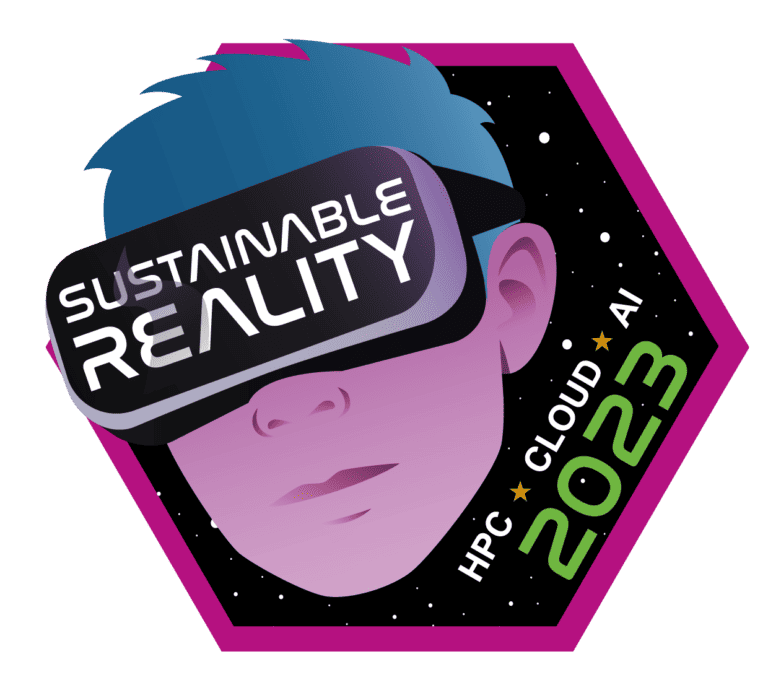
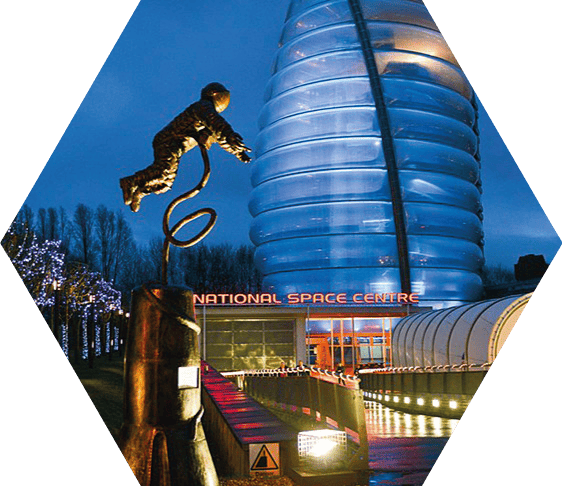
Welcome to our event page for the Sustainable Reality event. Held on September 25, 2023 at the National Space Centre we explored the four pillars of HPC:
We are pleased to include the recordings and slides of the day from majority of our presenters. If you have any questions, please contact us!
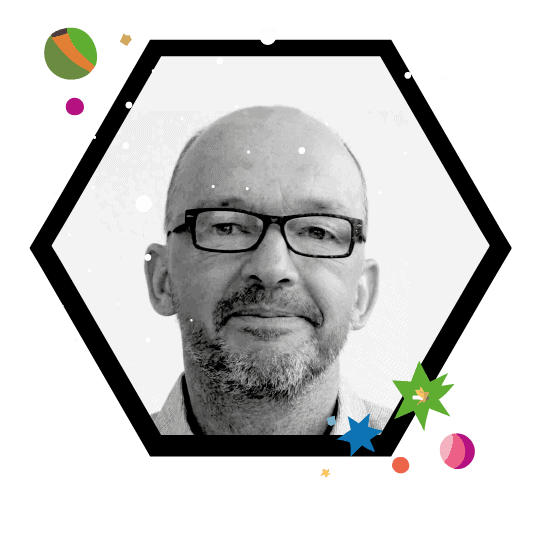
One of the first and biggest hurdles that people are confronted with in seeking out sustainability within their HPC solution is understanding the definitions. Specifically around the meaning of ‘carbon footprint.’ So, what do we mean by carbon? And why is it found in every pillar of sustainability?
We are pleased to have welcomed Alces Flight CEO, Michael Rudgyard, to introduce our session and bring insight into all things carbon.

When the University of York launched their Viking HPC Cluster in 2018 their goal was to create inclusive access to supercomputing to all faculty, students and staff. Now headed into a refresh of the system the Research Computing Team are going a step further – not only will they continue with their open-access policy across the university, they will be providing HPC resources on 100% renewable energy, showcasing their commitment to both accessibility and environmental responsibility.
Dr. Emma Barnes from the Research Computing Team walks us through Viking’s history, future and lessons learned along the way.
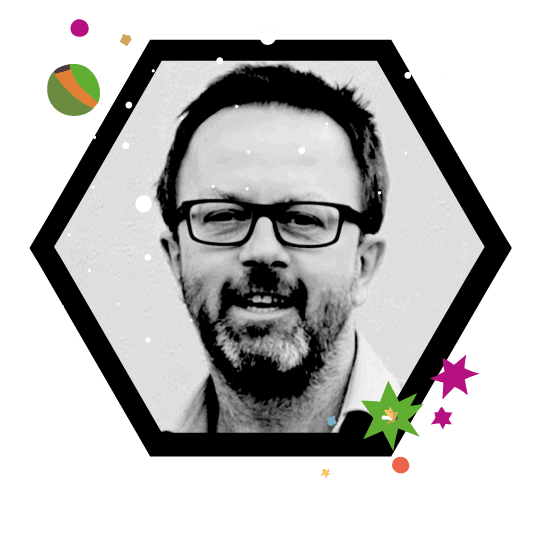
In 2011 a paper was published through a Microsoft Research team called, “The Data Furnace: Heating Up with Cloud Computing.” The authors of this paper posit that servers could be used to provide heat for homes, office buildings and industrial processes. In 2023, Deep Green proved the viability of the data furnace concept by partnering with a community swimming pool in Devon.
Mark Bjornsgaard, CEO of Deep Green, outlined the concepts of heat re-use in HPC and a glimpse into a heat cycle future.

It’s a common topic at every supercomputing conference – how do you hire and retain skilled HPC professionals? And even more importantly, how can we be sure we are hiring and supporting inclusively, and not creating barriers for people to enter our field?
Alan Real, Advanced Research Computing (ARC) Director at Durham University, spoke about ‘burning in’ inclusive change within his working practices. One of the key takeaways? Consistency!

In the world of innovation, efficiency stands as the cornerstone of progress. When diving into the realm of sustainable outcomes for supercomputing it makes sense to find every means possible to optimise.
According to Dan Shaw of Alces Flight, all it takes is “Five I’s:” Identifying, Investigating, Informing, Improving and Iteration. These key components are what can make an HPC service go from ordinary to extraordinary. We are pleased to share his insights.
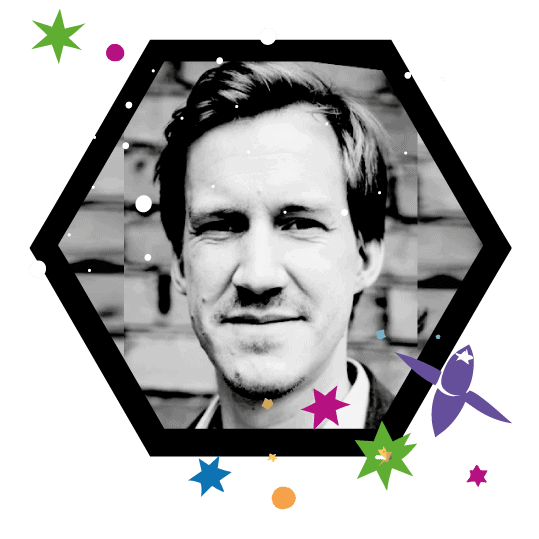
The need for more data will increase by 300 percent over the next few years. AI and Machine learning are part of the concept of High-Performance Computing and are by far the most energy-consuming data and will constitute the majority of the data growth. A sustainable digital infrastructure that can handle the growing amount of data is vital for the green transition.
We were pleased to welcome John Wernvik, CMO of EcoDataCentre, to talk about the work they are doing in addressing the facts, and removing the fiction, from what net zero really means in HPC.

Have you considered the transformative impact that supercomputing might have in the years to come? While today’s experiences may involve observing results or simulations on our screens, the future could beckon us towards a more immersive engagement with our research, propelling us beyond the confines of screens and into the tangible realm of the real world.
Eric Hunter, Futurist, delivers his keynote address on what a sustainable supercomputing might look like in 2030.

Alces Flight Ltd
4 Murdock Road
Bicester
Oxfordshire
OX26 4PP
Alces Flight customer?
Sign in to your account here
We believe in giving back to the HPC community. Our latest projects can be viewed at the OpenFlightHPC site and over on
GitHub
© Copyright 2023 Alces Flight Ltd. VAT registration GB 239 9335 69
Cookie policy. Privacy policy. Terms of service.